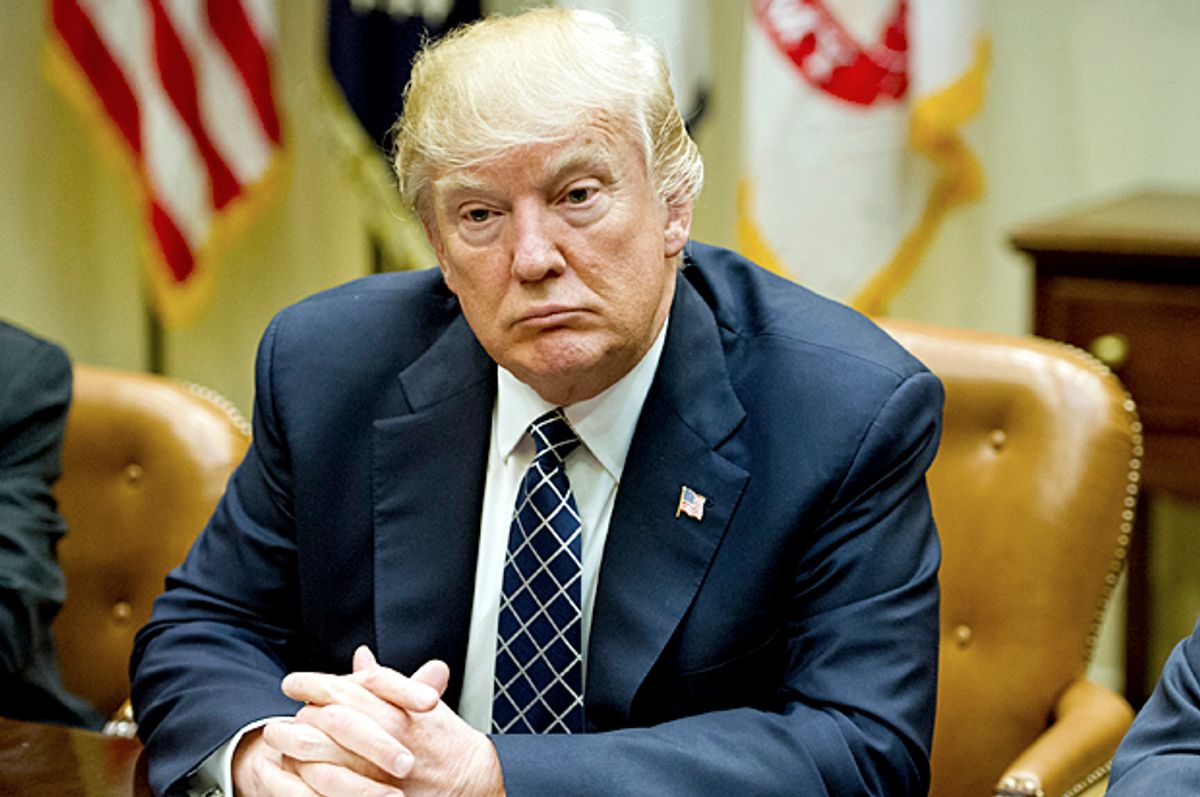The White House is moving at an alarmingly sluggish rate to fill hundreds of top-tier posts, making many of President Trump's Cabinet secretaries unhappy and fearful that the vacancies are continuing to hinder the everyday duties of the administration, according to the Washington Post.
There are still 530 senior-level jobs that need to be filled, all of which require Senate confirmation. So far, Trump has only put forth 37 nominees. To date the Senate has successfully confirmed only 26 of the president's picks, either for his Cabinet or other top positions.
"These posts include the deputy secretaries and undersecretaries, chief financial officers, ambassadors, general counsels, and heads of smaller agencies who run the government day-to-day," the Post noted.
Prior administrations have typically moved more efficiently. At this point in his first 100 days, Barack Obama had confirmed 69 appointments with 118 nominations sent in, and George W. Bush had confirmed 35 while having sent in 50 nominees.
Interior Secretary Ryan Zinke has overtly shown patience is being tested, and has "routinely peppered the White House Personnel Office for updates and called Trump directly to press for faster action on filling vacant jobs at the Interior Department," according to sources that spoke with the Post.
During a breakfast meeting with former congressional colleagues, Health and Human Services Secretary Tom Price spoke to them about the slow process. “He’s very frustrated,” said a Republican House who was in attendance, according to the Post. “He felt it was much more difficult to operate the department and provide the leadership level that you need to provide.”
Much of the delay has stemmed from Trump's decision to replace Governor Chris Christie, R-N.J. with Vice President Mike Pence as director of the transition team. After Christie was relieved, much of his work was axed.
Another reason the nomination process has taken so long is partly because of the various factions in the White House that are competing with one another.
Potential business conflicts of interest have also played a role in the slow process. The FBI and the Office of Government Ethics are currently vetting 250 candidates before they can be nominated and then sent to the Senate for their confirmation.



Shares